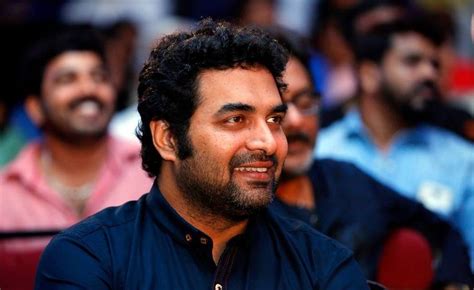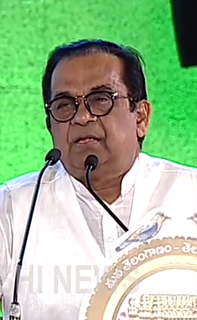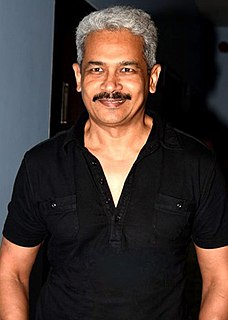A Quote by Tridha Choudhury
I got a sneak peek into the functioning of the film industries of the south through Telugu cinema. This industry has helped me understand how to adapt to various styles of filmmaking. It's been liberating.
Quote Topics
Related Quotes
Balancing my career between two industries has never been an issue. I started with a Telugu film and have a soft corner for the south industry, though I've grown up speaking Hindi. I don't think language can be a barrier when it comes to acting. And, since I come from a theatre background, I'm used to memorizing my lines.


































